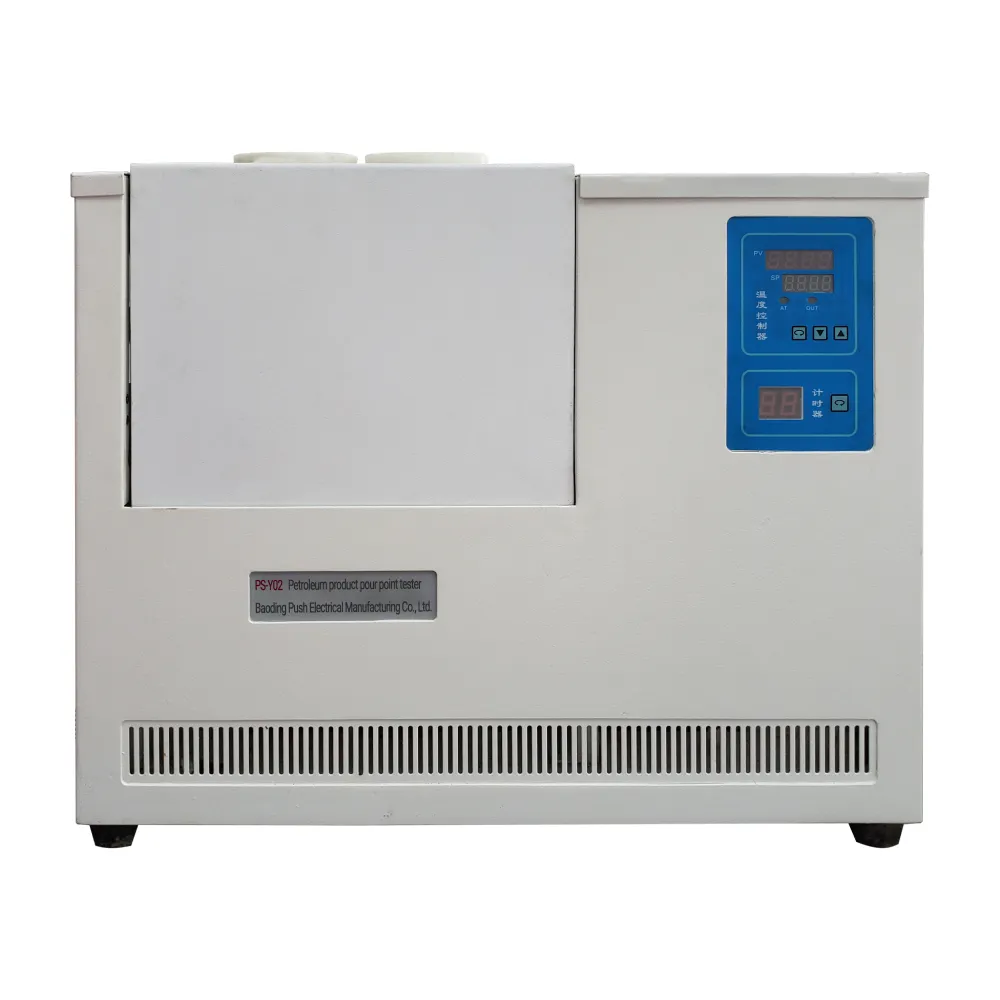 English
English



-
 Afrikaans
Afrikaans -
 Albanian
Albanian -
 Amharic
Amharic -
 Arabic
Arabic -
 Armenian
Armenian -
 Azerbaijani
Azerbaijani -
 Basque
Basque -
 Belarusian
Belarusian -
 Bengali
Bengali -
 Bosnian
Bosnian -
 Bulgarian
Bulgarian -
 Catalan
Catalan -
 Cebuano
Cebuano -
 China
China -
 China (Taiwan)
China (Taiwan) -
 Corsican
Corsican -
 Croatian
Croatian -
 Czech
Czech -
 Danish
Danish -
 Dutch
Dutch -
 English
English -
 Esperanto
Esperanto -
 Estonian
Estonian -
 Finnish
Finnish -
 French
French -
 Frisian
Frisian -
 Galician
Galician -
 Georgian
Georgian -
 German
German -
 Greek
Greek -
 Gujarati
Gujarati -
 Haitian Creole
Haitian Creole -
 hausa
hausa -
 hawaiian
hawaiian -
 Hebrew
Hebrew -
 Hindi
Hindi -
 Miao
Miao -
 Hungarian
Hungarian -
 Icelandic
Icelandic -
 igbo
igbo -
 Indonesian
Indonesian -
 irish
irish -
 Italian
Italian -
 Japanese
Japanese -
 Javanese
Javanese -
 Kannada
Kannada -
 kazakh
kazakh -
 Khmer
Khmer -
 Rwandese
Rwandese -
 Korean
Korean -
 Kurdish
Kurdish -
 Kyrgyz
Kyrgyz -
 Lao
Lao -
 Latin
Latin -
 Latvian
Latvian -
 Lithuanian
Lithuanian -
 Luxembourgish
Luxembourgish -
 Macedonian
Macedonian -
 Malgashi
Malgashi -
 Malay
Malay -
 Malayalam
Malayalam -
 Maltese
Maltese -
 Maori
Maori -
 Marathi
Marathi -
 Mongolian
Mongolian -
 Myanmar
Myanmar -
 Nepali
Nepali -
 Norwegian
Norwegian -
 Norwegian
Norwegian -
 Occitan
Occitan -
 Pashto
Pashto -
 Persian
Persian -
 Polish
Polish -
 Portuguese
Portuguese -
 Punjabi
Punjabi -
 Romanian
Romanian -
 Russian
Russian -
 Samoan
Samoan -
 Scottish Gaelic
Scottish Gaelic -
 Serbian
Serbian -
 Sesotho
Sesotho -
 Shona
Shona -
 Sindhi
Sindhi -
 Sinhala
Sinhala -
 Slovak
Slovak -
 Slovenian
Slovenian -
 Somali
Somali -
 Spanish
Spanish -
 Sundanese
Sundanese -
 Swahili
Swahili -
 Swedish
Swedish -
 Tagalog
Tagalog -
 Tajik
Tajik -
 Tamil
Tamil -
 Tatar
Tatar -
 Telugu
Telugu -
 Thai
Thai -
 Turkish
Turkish -
 Turkmen
Turkmen -
 Ukrainian
Ukrainian -
 Urdu
Urdu -
 Uighur
Uighur -
 Uzbek
Uzbek -
 Vietnamese
Vietnamese -
 Welsh
Welsh -
 Bantu
Bantu -
 Yiddish
Yiddish -
 Yoruba
Yoruba -
 Zulu
Zulu
Laboratory Techniques for Efficient Distillation Unit Design and Operation
The Role of Distillation Units in Laboratory Settings
Distillation is a fundamental separation process widely used in various scientific fields, including chemistry, biology, and environmental science. In laboratory settings, distillation units play a crucial role in purifying liquids, isolating compounds, and analyzing substances. This article explores the significance, types, and operational principles of laboratory distillation units.
Importance of Distillation in Laboratories
In a laboratory environment, distillation serves multiple purposes. It allows scientists to obtain pure compounds from mixtures, which is critical for experimental accuracy and reproducibility. For instance, in organic chemistry, the purification of reaction products is essential to ensure that subsequent analyses yield valid results. Furthermore, distillation is pivotal in preparing samples for spectroscopic analysis, where impurities can interfere with data interpretation.
Additionally, distillation can be utilized to concentrate solutions or separate volatile substances from non-volatile ones. In environmental science, for example, distillation can aid in the detection of pollutants in water samples by separating contaminants for detailed analysis. Thus, laboratory distillation units are indispensable tools for researchers aiming to achieve high purity and accurate results.
Types of Distillation Units
Laboratory distillation units come in various configurations, each designed to meet specific requirements
. The most common types include simple distillation setups, fractional distillation units, and rotary evaporators.1. Simple Distillation Units This setup includes a boiling flask, a condenser, and a receiving flask. Simple distillation is effective for separating liquids with significantly different boiling points. However, it is not suitable for mixtures with close boiling points due to low separation efficiency.
distillation unit in laboratory

2. Fractional Distillation Units These units incorporate a fractionating column that enhances the separation of compounds with similar boiling points. The column allows for multiple vaporization-condensation cycles, thus improving the purity of the distillate. Fractional distillation is crucial for applications such as petrochemical refining and alcohol purification.
3. Rotary Evaporators Commonly referred to as rotovaps, these advanced distillation units are used primarily for evaporating solvents in a gentle manner. The rotary motion creates a larger surface area for evaporation, while the reduced pressure lowers the boiling point of the solvent, preventing thermal degradation of sensitive compounds. Rotary evaporators are particularly valuable in organic synthesis and in laboratories focusing on natural product extraction.
Operational Principles
The basic principle of distillation involves heating a liquid to create vapor and subsequently cooling the vapor to retrieve the liquid. The efficiency of this process heavily relies on the boiling point differences among the components in the mixture. In practice, the vaporization and condensation phases are influenced by factors such as temperature, pressure, and the design of the distillation unit.
For optimal operation, laboratory distillation units require precise control of these factors. Thermoregulators, vacuum pumps, and temperature sensors are commonly employed to maintain ideal conditions. Additionally, to ensure safety and efficiency, proper maintenance of the distillation apparatus is essential, including regular cleaning and inspection of glassware and seals.
Conclusion
In summary, distillation units are vital in laboratory settings, offering versatile methods for purifying and analyzing chemical substances. By selecting the appropriate type of distillation unit and understanding its operational principles, scientists can significantly enhance the quality of their research. As laboratories continue to evolve, advancements in distillation technology will further expand their capabilities, supporting innovation across scientific disciplines.
-
Testing Equipment Industry Sees Major Advancements in 2025: Smart & Precision Technologies Lead the WayNewsJun.06,2025
-
Applications of Direct Current Generators in Renewable Energy SystemsNewsJun.05,2025
-
Hipot Tester Calibration and Accuracy GuidelinesNewsJun.05,2025
-
Digital Circuit Breaker Analyzer Features and BenefitsNewsJun.05,2025
-
Benefits of Real-Time Power Quality Monitoring Devices for Industrial EfficiencyNewsJun.05,2025
-
Earth Fault Loop Testing in High-Rise Building Electrical SystemsNewsJun.05,2025



